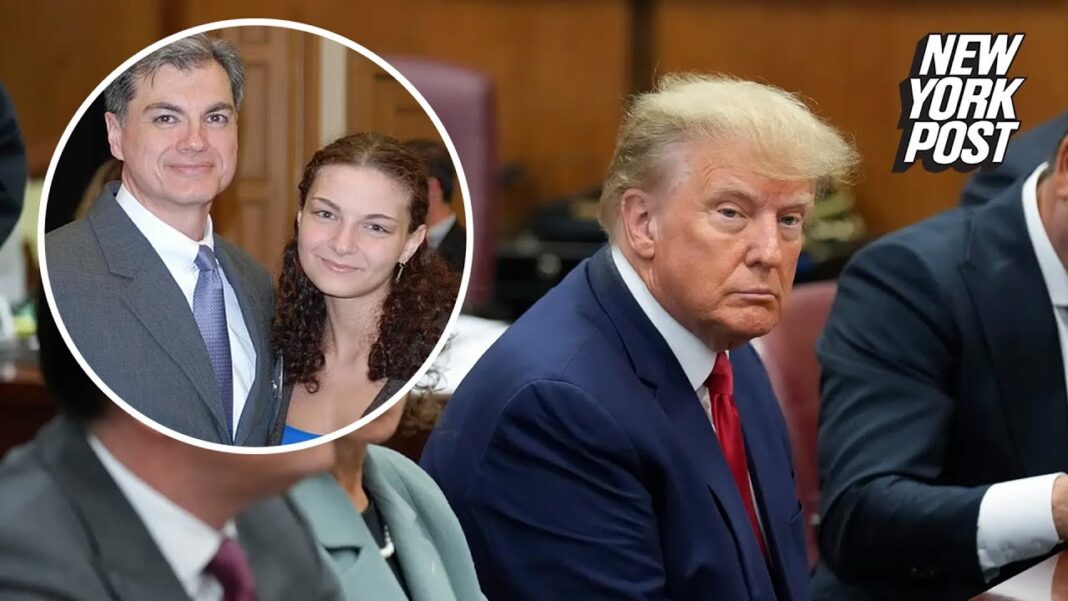A former top U.S. general warned Sunday that ISIS is again gaining power.
The threat posed by the ISIS terrorist group is on the rise, according to the former head of the U.S. military’s Middle East command, speaking just days after ISIS claimed responsibility for an attack that left dozens of people dead in Russia.
Retired U.S. Central Command (CENTCOM) Commander Gen. Frank McKenzie told ABC News on March 31 that Islamic State Khorasan (ISIS-K) will be able to conduct those types of attacks because no pressure is being applied “in their homeland and their base.” ISIS-K, reportedly based in Afghanistan and Pakistan, has claimed that it conducted the attack in a Moscow concert hall that left at least 144 people dead in late March.
“Unfortunately, we no longer place that pressure on them, so they’re free to gain strength, they’re free to plan, they’re free to coordinate and to outreach and hit us in our homelands,” Mr. McKenzie said. “So, you’d much rather be playing an away game than a home game. We’ve chosen to play a home game.”
When asked by ABC News host Martha Raddatz about whether the ISIS threat would be different if U.S. forces had not been pulled out of Afghanistan and had left 2,500 troops there, the former general said that it “would be very different.”
“Leaving 2,500 troops, along with our NATO partners, who would have left 4,000 or 5,000 troops, we would have been able to continue to work against ISIS, which was the principal reason we’re in Afghanistan, to prevent attacks in our homeland,” Mr. McKenzie said. “I think we might be in a different place now. I think we might actually be safer now than we [were].”
Now, in Afghanistan, the United States has no capacity to strike or evaluate the country, he said, adding that “ISIS there is able to grow unabated” because “there’s no pressure on them.”
“And, again, our operating theory has always been, with violent extremists, you want local security forces to be able to control them, and then you want them to not be able to establish the connective tissue internationally that allows them to carry out external attacks abroad—and it’s very hard to do that in Afghanistan, where you just don’t have the ability to sense, you don’t have the ability to strike, and very limited resources,” he said.






